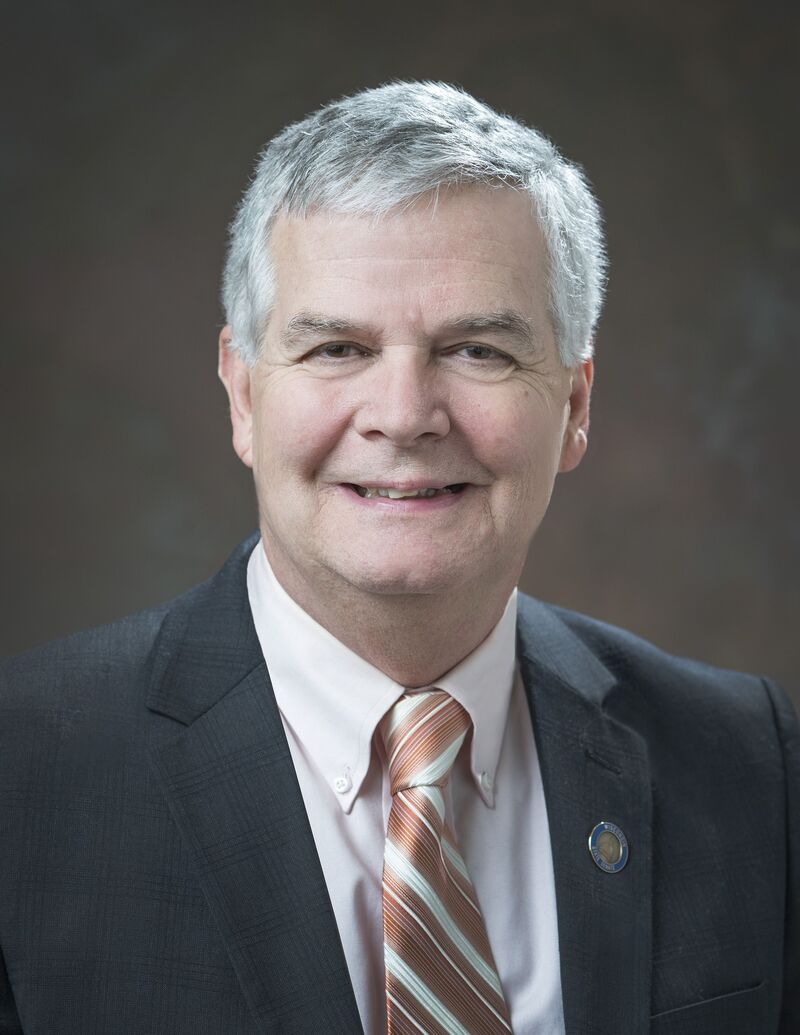Long before I entered politics, I worked in the private sector. From an early age, I was needed for my father’s business to mop floors, empty trash and eventually clean windows. As high school graduation approached, my father sat down with me and laid out why he wanted me to forgo college and continue working with him, hoping someday I’d buy the business from him. Thus, my future, as owner and manager of Bob Smith Window Cleaning, was set.
Things went pretty well as I put in long hours and hired reliable help. When I first started it was only myself and my father, and he had no interest in growing the business. Hiring and managing employees was a risky undertaking for my father. I would learn what he meant as time went on.
It’s a huge responsibility when a small business hires anyone. There are insurance costs and payroll expenses. Each employee I hired was representing me when I couldn’t personally be at each worksite, so it was necessary to build trust. But as time went by and business grew, it became more and more difficult to have a working relationship with each employee the way I would’ve liked. It became evident that entry-level pay needed to be worth it for anyone to want to work in the service industry where their work may go unappreciated. Over twenty years ago I began paying $10 an hour to attract good help. Ten years ago, after a long career in the service industry, I sold my business.
I tell you all this for perspective as we hear from so many employers that they can’t seem to find enough workers. Recently, I heard a Republican colleague tell an audience that they noticed a “help wanted” sign at a gas station offering $10 an hour. This anecdote came up while my colleague was arguing against pandemic unemployment benefits. My colleague shared this story as though $10 was a great wage and people should flock to apply. Keep in mind $10 an hour doesn’t cover an average month’s rent along with basic living necessities for most families.
It isn’t a new phenomenon that finding help in the service industry is difficult, and it seems to only have gotten harder. Low wages are one – but not the only reason – we find ourselves facing a workforce shortage. We know the lack of affordable child care, forced many parents – especially women – to leave the workforce during the pandemic to care for their children. Other barriers including broadband access, reliable transportation options, and affordable housing have only compounded the issue at hand.
Some employers and politicians have been quick to blame the unemployment insurance system workers have paid into for the labor shortage. The fact is there are not enough workers for our growing economy thanks to Governor Evers and President Biden. Workers fled Wisconsin over the past ten years because Wisconsin was one of the slowest states to recover from the Great Recession and Republicans passed anti-worker legislation at every turn. Now they wonder where all the workers are.
Wisconsin is back to pre-pandemic unemployment levels as our economy continues to improve. The recent U.S. Bureau of Labor Statistics employment estimates for June showed that Wisconsin added 10,700 new jobs.
Although Wisconsin’s unemployment rate is lower than the national average, Governor Evers remains focused on building our workforce back stronger than it was before the pandemic. Last week, Governor Evers directed $130 million toward workforce development. Together, the Department of Workforce Development (DWD) and Wisconsin Economic Development Corporation are developing a workforce innovation grant program. DWD will be partnering with local workforce development boards on a worker advancement initiative. The agency will also roll out a worker connection program that will provide workforce career coaches for Wisconsinites.
I’m hopeful that Governor Evers’ initiative will continue strengthening Wisconsin’s workforce. More still needs to be done in our pandemic recovery. Do your part by getting vaccinated and encouraging your loved ones to do the same. We’ve come a long way since the pandemic first came to Wisconsin – and there’s nowhere else to go, but forward.



Add new comment